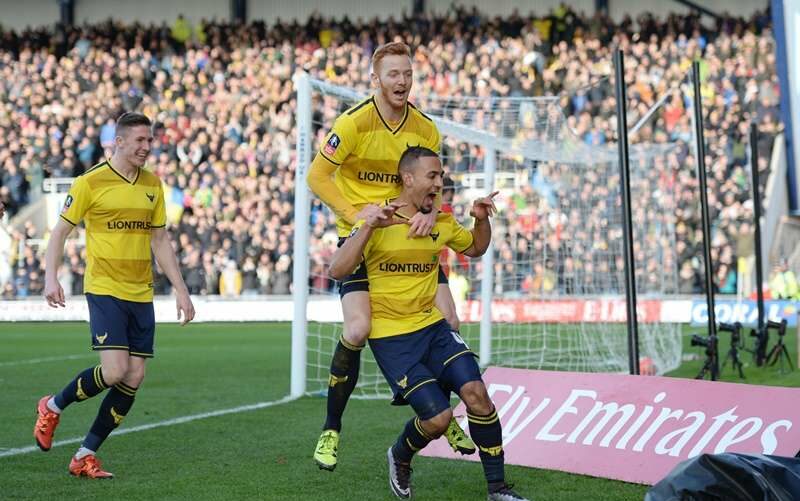by Graham Westley
Before I start, I must declare an interest. I love the FA Cup.
The same debate comes around every year at third round time: do the Premier League clubs give the competition enough respect? Does it really matter and what can be done to change it? I want to take a look at the debate from the point of view of club managers.
Let me be Eddie Howe at Bournemouth. I’ve worked my way up into the Premier League and I am fighting desperately to survive. I am in with a great chance of protecting my club’s huge new-found status. Do I risk injury in a cup competition that might jeopardise PL points?
Do I take my key players on to surfaces at Eastleigh or Exeter that could quite easily lead to major assets being hurt?
Simple answer: no way. I play a second string.
The prize money for winning the Cup is not even a fraction of the rewards available in the PL. Regrettably, economics dictate.
Now let me be myself, a manager in League One, possibly playing against PL opponents in Round 4. Is it important to me or my club if WBA play their first or second string? The answer is no.
WBA will rightly expect to be able to field a squad team and defeat a League One team. There is nothing to be insulted about there for me. Their team will be worth many millions more than mine and PL points have to be their priority. Would it devalue a ‘giant-killing’? No way.
Ask Oxford United. Their excellent win over Swansea last weekend was very well earned and they loved it!
So what can realistically be done to encourage the mighty to play better players in the Cup and sustain the status of a competition so significant to the history of our national game?
I’m not sure there is an obvious realistic answer. I think money talks and PL money is too big to be put at risk.
You can’t give out a Champions League spot because that competition is about bringing the very best together. And, with respect, Wigan weren’t ready for that competition when they were relegated to the Championship.
On the other hand, clubs could be fined, as they are in the Johnstone’s Paint Trophy, if they make more than a certain number of changes from the previous game, but many would almost certainly just pay the fine – and that is if a financial penalty could even get off the ground.
And we’ve seen clubs stand tall and play second-string teams in the face of public pressure as other negative avenues are tried and shown to fail.
The issue, though, is not trivial. The FA Cup is an essential food source for our national game. Consider this: In my Stevenage days, we produced a Cup run which created the funds to buy and build a fantastic new training ground. A well-run smaller club at any level has the opportunity to fuel its long-term standing in the game by focusing on the Cup and earning the reward. While funding at the top of the game continues to grow, the same cannot be said down through the leagues. There is an excess of money at the top.
I can regularly watch my 11-year-old play at Premier League academy facilities that put our Peterborough training ground in the shade. It is a bugbear of mine. Is it really correct that a full-time professional at any level should have inferior facilities to those used by an 11-year-old wannabe? The answer is no and our game should think about that.
So, if the big boys continue to ignore the FA Cup, then surely the least that can be done is for the Premier League to divert some of its enormous funding pool towards the Cup, so the financial incentives that are there for the smaller clubs are more life- changing than ever before.
The cost to the Premier League of doubling or trebling prize money would not be significant in their scheme of things.
But it would be a way for those clubs to show respect to a competition that has always played a central role in our football history – and must continue to do so. The Cup is a way for small clubs to support their ambition. Ambition is the fuel of prosperity.
Our Cup must never be allowed to die. But, year by year, it means less. That is a dangerous trend and the big picture must not be underestimated.
















